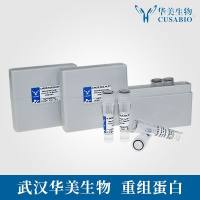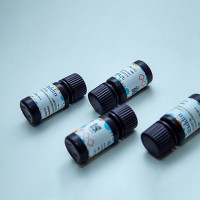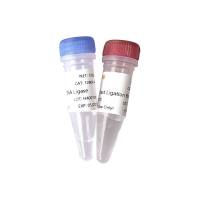Detecting Ligated Fragments on Oligonucleotide Microarrays: Optimizing Chip Design, Array Multiplex Ligation-Dependent Probe Amplification Modificatio
互联网
809
Copy-number polymorphisms at specific genomic loci have been implicated in numerous human and animal disease phenotypes. Multiplex ligation-dependent probe amplification (MLPA) is a molecular genetic technique allowing targeted quantification of genomic copy-number changes (deletions and duplications), with potential for multiplexing up to 50 loci in one assay, and resolution down to the single nucleotide level. Modification of the MLPA technique to include Cy-labeled amplification primers permits parallel product detection by capillary electrophoresis and microarray hybridization. Detection and quantification of products by sequencespecific hybridization rather than size-specific capillary electrophoresis increases the potential for probe multiplexing possible in one assay and also allows for more flexible and efficient MLPA probe design. Protocols for the printing of synthetic oligonucleotide probe-sets for the detection of MLPA products, MLPA-probe amplification using array-compatible primers, and parallel product detection by quantitative capillary electrophoresis and microarray hybridization have been optimized.









